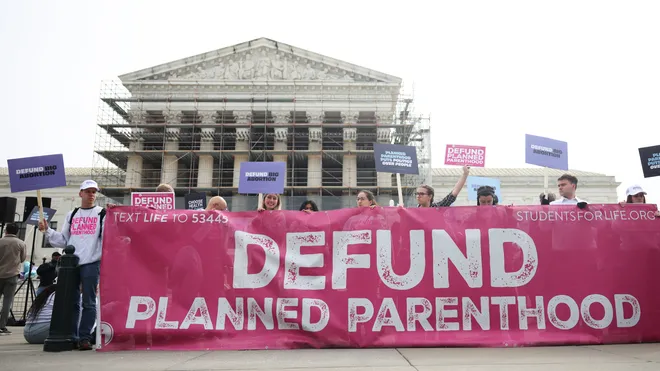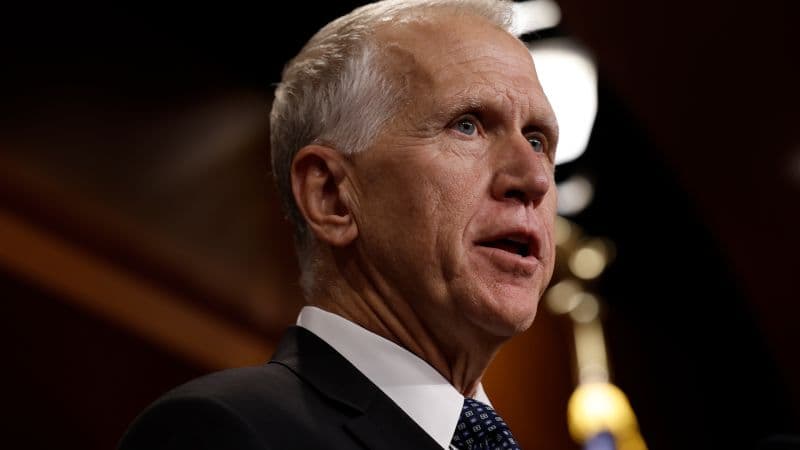Republican Infighting Over Medicaid Cuts
In a stunning turn of events, Republican Senator Thom Tillis of North Carolina unleashed a scathing critique of his party’s proposed Medicaid cuts mere hours after announcing his retirement from the Senate. Tillis, who has often prided himself on bipartisanship, placed the blame squarely on the GOP"s sprawling domestic policy bill, which he warned would strip 663,000 North Carolinians of their health care. "It is inescapable this bill will betray the promise Donald Trump made," Tillis stated emphatically from the Senate floor, a rare moment of dissent from within the Republican ranks.
Tillis Challenges Trump"s Leadership
As reported by Politico, Tillis, who was elected to the Senate in 2014, voiced strong opposition to provisions that would create new caps on medical provider taxes and modify state-directed payments. He described these changes as reckless, arguing they would lead to a staggering $26 billion cut in federal support for Medicaid in North Carolina. This is not merely a partisan squabble; it is a wake-up call regarding the very real consequences of legislative decisions that could leave vulnerable populations without essential health care.

Supreme Court boosts effort in S.C. to defund Planned Parenthood
The Human Cost of Policy Decisions
The consequences of these proposed cuts extend beyond political posturing—they threaten the health and well-being of hundreds of thousands of people. Tillis"s own research, which included discussions with North Carolina"s Democratic Governor Josh Stein and local hospital groups, revealed that the bill would not only harm those eligible for Medicaid but would also destabilize the entire health care system in the state. According to North Carolina Health News, the state has seen over 670,000 enroll in Medicaid since the expansion passed with bipartisan support in December 2023, highlighting the critical role that Medicaid plays in providing health services to low-income families and individuals.
Republican Leadership Faces Resistance
The internal GOP turmoil became even more pronounced when Trump himself lambasted Tillis for his dissenting vote against the procedural advancement of the bill. Tillis"s confrontation with Trump underscores a growing divide within the party, as traditional conservatives clash with more radical elements that seem disconnected from the realities faced by their constituents. Tillis remarked, “I respect President Trump, I support the majority of his agenda, but I don’t bow to anybody when the people of North Carolina are at risk,” a sentiment that reflects a deep commitment to his constituents over party loyalty.

Media overreacting to Republican Party infighting? | Fox News Video
Implications for Future Policies
This unfolding drama raises critical questions about the future of health care policy in the U.S. If the GOP continues on this path, they risk alienating not just moderate Republicans like Tillis but also the very voters who rely on Medicaid for their health care needs. The potential fallout could be catastrophic, especially as states grapple with the realities of implementing such drastic changes. As noted in House Republicans, the push for reforms must include protections that address waste, fraud, and abuse without putting the health of millions at risk. The stakes are high, and the time for a thoughtful approach to health care reform is now.







![[Video] Gunfire between Iraqi security forces and Sadr militias in Baghdad](/_next/image?url=%2Fapi%2Fimage%2Fthumbnails%2Fthumbnail-1768343508874-4redb-thumbnail.jpg&w=3840&q=75)
